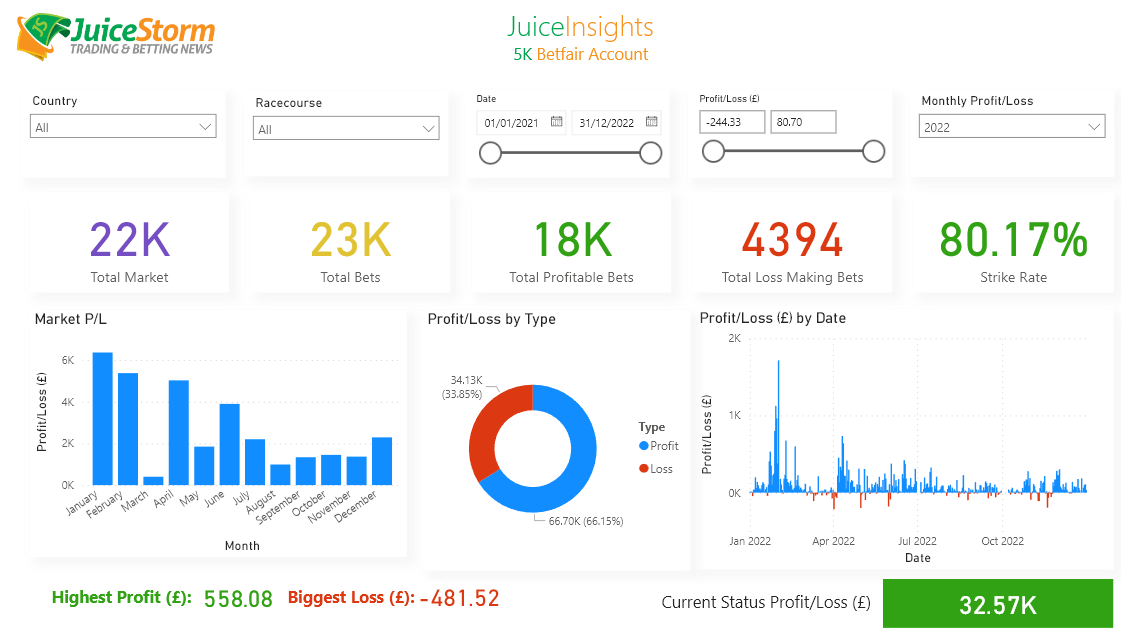3 Simple Rules for Winning Traders On Betfair Or Matchbook
In the betting exchange market you get paid not for what is happening now
Rule 1 – Develop an opinion
Whenever I hear financial traders tell me, “I don’t have any opinion, I just trade price action.” I always smile and think to myself that the trader is both an idiot and a liar if they’re a trader in my other market.
But in the betting exchange markets things are a little different.
However, the truth of the matter —in both markets— is that every time you enter the market you are implicitly rendering an opinion on the future movement of price. The difference between those traders who do so implicitly versus those who put forth an explicit reason for their trade is that the former may have no clue of what they are doing while the later at least try to figure out the story behind the trade even if they’re only using a weight of money indicator on Betfair which used to work so well.
It goes without saying that I have little respect for traders who mechanically follow price action like mindless robots elsewhere.
In the betting exchange market you get paid not for what is happening now, but for what will happen in the future and if you cannot figure out what is likely to drive price towards your target you are just a lemming in the market.
Right or wrong, developing an opinion is the cornerstone of a winning strategy in all trading markets.
Rule 2 – Let Price Confirm Your Thesis
To politely paraphrase a very crude Wall Street saying, opinions are like faces – everyone has one. Developing an opinion, even one that is ultimately correct, is utterly worthless if the market happens to disagree with your assessment.
The history of trading is littered with brilliant analysts who were absolutely correct on their calls and yet were bankrupted by the vagaries of price action before they were ever proven right.
Your opinion may be dead on, but as traders it is price movement, not opinion that we are trading. Until and unless price corroborates your opinion you have no entry signal for your trade.
Rule 3 – Manage Your Trade
More than anything else great traders are good money managers.
I’ve always believed that you can put two great traders on the opposite side of a position and often both of them will wind up making money. On the other hand put two novices in the same spot and they will more than likely both lose. Trading above all is the art of managing the unknown.
Let’s say you own a sandwich shop in a popular tourist trap. Most likely you would know to within 10 or 20 sandwiches how many customers you will have every single day of the year.
Now imagine that sandwich shop was the Betfair market.
The day to day variance would drive most sandwich shop owners insane. Some days you may sell 500 sandwiches, other days you may have to dump all your food supplies into the garbage as no business came through your door.
You really do not need to get involved on the favourite in every UK horse race. And if you do you probably won’t be around long! Burn out and over trading spring to mind. But there are notable exceptions to every rule!
That’s why trading at its core is always about managing risk.
Every time you trade the operating principle is hope for the best and prepare for the worst. The only way I’m able to control risk and at the same time participate in the market is by always cutting my position in half once a short profit target is met. As little as 1 or 2 points on the betting exchange. And let the rest run with a break even stop. No matter what anyone tells you, there is simply no way to know if any given trade will be successful. But I really believe that half a loaf is better than none.
Success in trading is contingent not only on your analysis but on your ability to properly manage your position.
That is why the game is hard.






Comments are closed, but trackbacks and pingbacks are open.